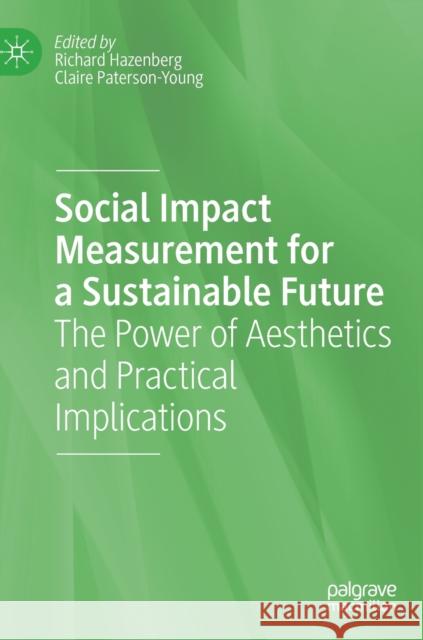Social Impact Measurement for a Sustainable Future: The Power of Aesthetics and Practical Implications » książka
topmenu
Social Impact Measurement for a Sustainable Future: The Power of Aesthetics and Practical Implications
ISBN-13: 9783030831516 / Angielski / Twarda / 2021 / 368 str.
Social Impact Measurement for a Sustainable Future: The Power of Aesthetics and Practical Implications
ISBN-13: 9783030831516 / Angielski / Twarda / 2021 / 368 str.
cena 724,58
(netto: 690,08 VAT: 5%)
Najniższa cena z 30 dni: 655,41
(netto: 690,08 VAT: 5%)
Najniższa cena z 30 dni: 655,41
Termin realizacji zamówienia:
ok. 22 dni roboczych
Dostawa w 2026 r.
ok. 22 dni roboczych
Dostawa w 2026 r.
Darmowa dostawa!
Kategorie:
Kategorie BISAC:
Wydawca:
Palgrave MacMillan
Język:
Angielski
ISBN-13:
9783030831516
Rok wydania:
2021
Wydanie:
2021
Ilość stron:
368
Waga:
0.63 kg
Wymiary:
21.01 x 14.81 x 2.39
Oprawa:
Twarda
Wolumenów:
01











